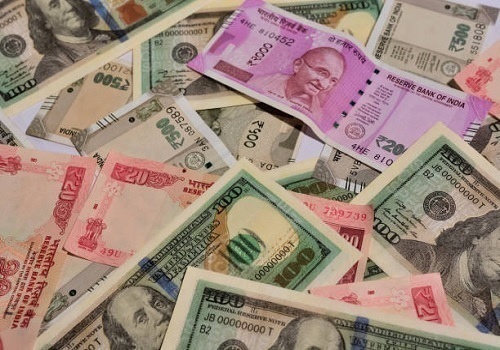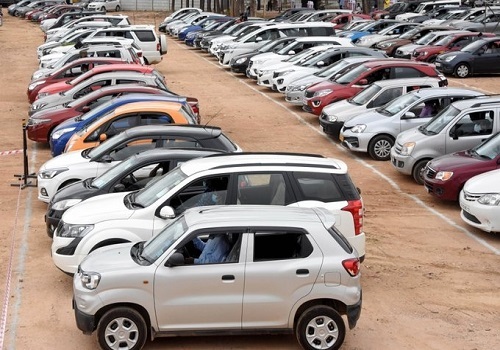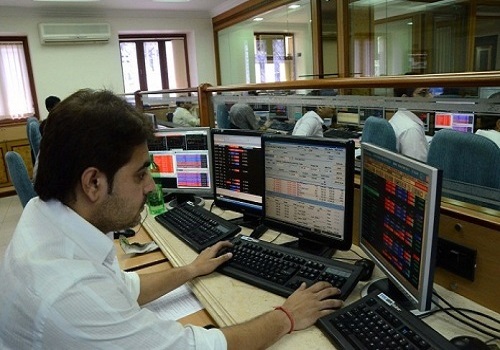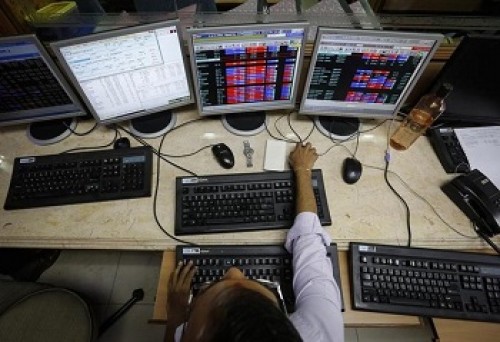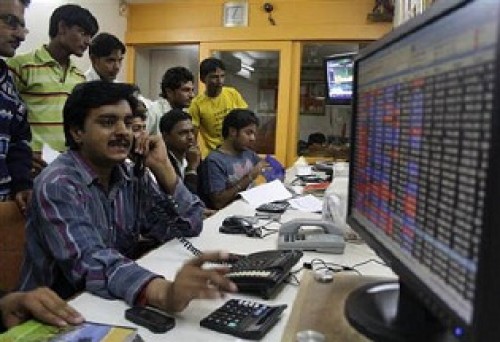Indices end higher for 2nd consecutive day; Nifty tops 16,300 level
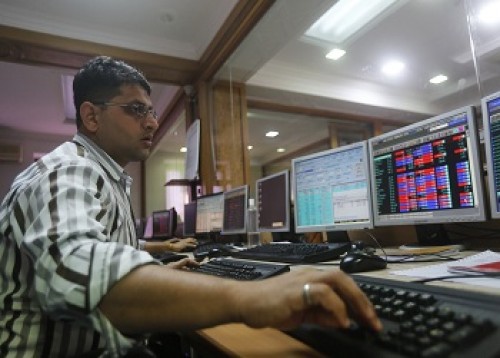
Follow us Now on Telegram ! Get daily 10 - 12 important updates on Business, Finance and Investment. Join our Telegram Channel
Indian equity benchmarks carried forward yesterday’s gains and settled over 2 percent higher on Wednesday, tracking recovery in global indices. After the flat start, the benchmarks inched gradually higher as the day progressed and settled closer to the day’s high. Sentiments remained positive as the Reserve Bank of India (RBI) has extended the interest equalisation scheme for pre and post shipment rupee credit for Ministry of Small and Medium Enterprises (MSME) exporters till March 2024 with the objective of boosting outbound shipments. Traders took support with report that the Agriculture Ministry is ready with a new central scheme to promote natural farming in the country with an estimated outlay of Rs 2,500 crore. The proposed new scheme on natural farming will soon be placed before the Cabinet for approval.
Frontline indices continued to trade higher in late afternoon deals, taking support from Finance Minister Nirmala Sitharaman’s statement that the Union budget for 2022-23 was about the philosophy of 'Atmanirbhar Bharat' (self-reliant Bharat) as customs duties were increased on those imported products which are also manufactured in India so that people buy the Indian equivalent. However, duties have not been increased on the products produced within the country. Adding to the optimism, Prime Minister Shri Narendra Modi has approved the setting up National Land Monetization Corporation (NLMC) as a wholly owned Government of India company. With monetization of non-core assets, Government would be able to generate substantial revenues by monetizing unused and under-used assets. Traders overlooked rating agency Icra’s report in which it has warned of serious downside risks to the economy in next fiscal (FY23) with runaway current account deficit, steep fall in the rupee and a hardening yields on government bonds, as a result of the Russian-Ukraine crisis and the resultant spike in crude and other commodity prices.
On the global front, Asian markets ended mostly higher on Wednesday, while European markets were trading in green, as sentiment was helped after analysts said the U.S. and U.K. ban on Russian oil imports will be far disruptive to global markets than a full international embargo. Also, Ukraine President Volodymyr Zelensky said he is no longer pressing for NATO membership for Ukraine, a delicate issue that was one of Russia's stated reasons for invading its pro-Western neighbor. Back home, there were some reaction in auto stocks as India Ratings and Research (Ind-Ra) revised its outlook for the auto sector to 'neutral' from 'improving' for 2022-23, saying supply-side constraints and a muted rural demand will restrict growth.
Finally, the BSE Sensex rose 1223.24 points or 2.29% to 54,647.33 and the CNX Nifty was up by 331.90 points or 2.07% to 16,345.35.
The BSE Sensex touched high and low of 54,893.73 and 53,367.52, respectively. There were 25 stocks advancing against 5 stocks declining on the index.
The broader indices ended in green; the BSE Mid cap index rose 2.37%, while Small cap index was up by 2.16%.
The top gaining sectoral indices on the BSE were Energy up by 3.58%, Realty up by 3.16%, Auto up by 2.92%, Consumer discretionary up by 2.72% and Industrials up by 2.54%, while Metal down by 0.69%, Utilities down by 0.10% and Power down by 0.03% were the few losing indices on BSE.
The top gainers on the Sensex were Asian Paints up by 5.56%, Reliance Industries up by 5.24%, Bajaj Finance up by 5.13%, Mahindra & Mahindra up by 4.94% and Indusind Bank up by 4.18%. On the flip side, Power Grid Corporation down by 1.89%, NTPC down by 1.57%, Tata Steel down by 1.15%, Nestle down by 0.88% and Wipro down by 0.31% were the top losers.
Meanwhile, rating agency Icra in its latest report has said that it has warned of serious downside risks to the economy in next fiscal (FY23) with runaway current account deficit, steep fall in the rupee and a hardening yields on government bonds, as a result of the Russian-Ukraine crisis and the resultant spike in crude and other commodity prices.
It stated that International crude oil prices have hit a 14-year high at USD 130 a barrel on March 7, up from USD 94 a barrel before the invasion of Ukraine by Russia, which is the world's third-largest oil producer, supplying 14 per cent of global production. The price of the Indian crude oil basket has averaged USD 114.6 a barrel so far in March, a steep 22.9 per cent surge from USD 93.3 a barrel in February.
It mentioned at the current crude level, the current account deficit is likely to widen by USD 14-15 billion (0.4 per cent of GDP) for every USD 10 per barrel rise in the average price. If the price averages USD 130 a barrel in FY23, then the CAD will widen to 3.2 per cent of GDP, crossing 3 per cent for the first time in a decade. Accordingly, if the ongoing war pushes up the average price of the Indian crude oil basket in FY23 to USD 115 a barrel, the CAD is projected to widen to USD 100-105 billion or 2.8 per cent of GDP.
The CNX Nifty traded in a range of 16,418.05 and 15,990.00. There were 40 stocks advancing against 10 stocks declining on the index.
The top gainers on Nifty were Asian Paints up by 6.12%, Reliance Industries up by 5.49%, Bajaj Finance up by 5.24%, Indusind Bank up by 4.59% and Mahindra & Mahindra up by 4.33%. On the flip side, Shree Cement down by 2.63%, ONGC down by 2.51%, Power Grid Corporation down by 2.12%, NTPC down by 1.38% and Coal India down by 1.24% were the top losers.
European markets were trading in green; UK’s FTSE 100 increased 141.21 points or 2.03% to 7,105.32, France’s CAC increased 275.97 points or 4.63% to 6,238.93 and Germany’s DAX increased 625.68 points or 4.88% to 13,457.19.
Asian markets ended mostly higher on Wednesday despite the broadly negative cues overnight from US markets, amid the continued spike in crude oil prices and as traders picked up stocks at a bargain after the recent sell-off. However, the escalation in the Russia-Ukraine conflict and stringent sanctions imposed on Russia by the Western countries rendered the mood cautious. There were concerns about global oil supply after U.S. President Joe Biden announced a ban on import of Russian oil, liquefied natural gas, and coal. The surging energy prices will lead to higher inflation, encouraging the Federal Reserve to more aggressively raise interest rates. Japanese shares gave up early gains to end slightly lower, extending losses for the fourth straights session amid concerns about inflationary risks and a slowdown in the global economy.
Above views are of the author and not of the website kindly read disclaimer

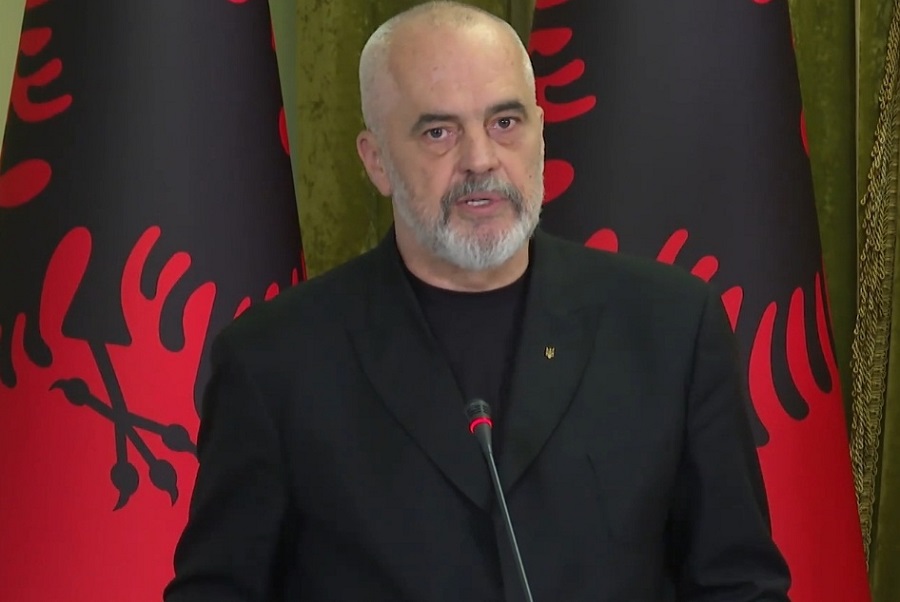
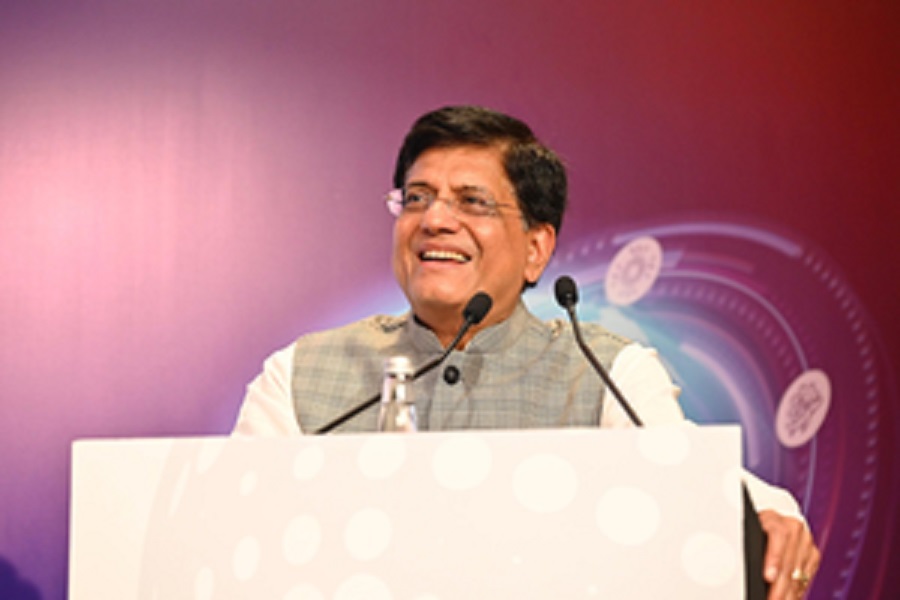
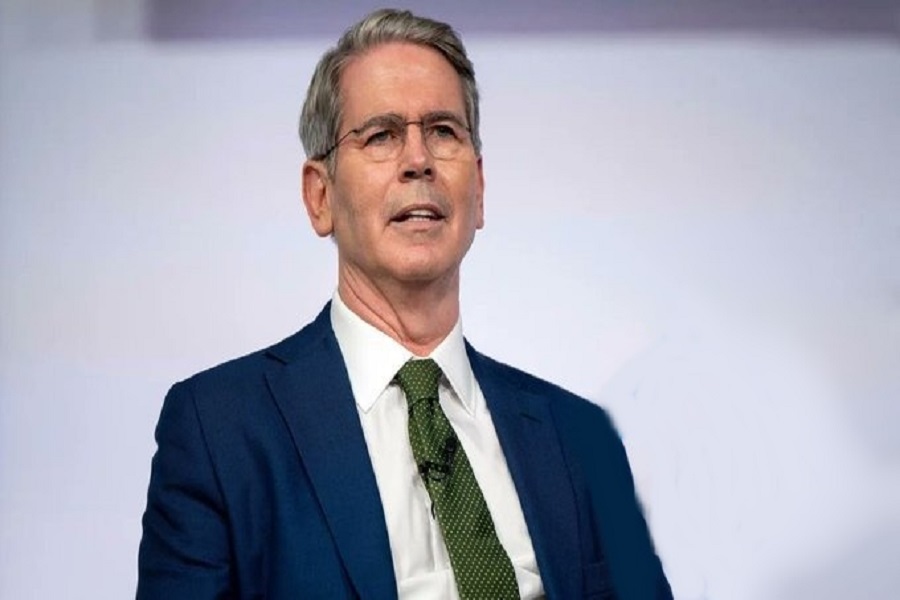

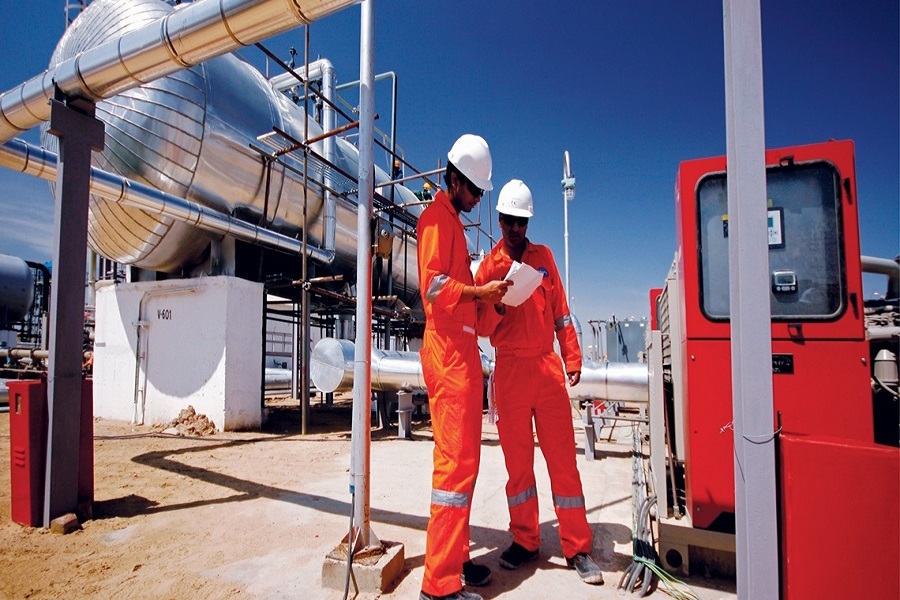




Tag News

Weekly Market Analysis : Markets strengthened recovery and gained nearly 2% in the passing w...







